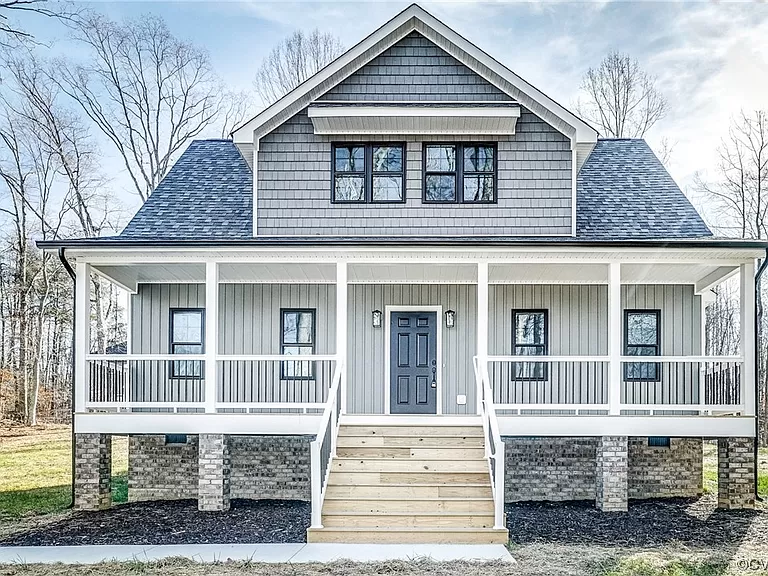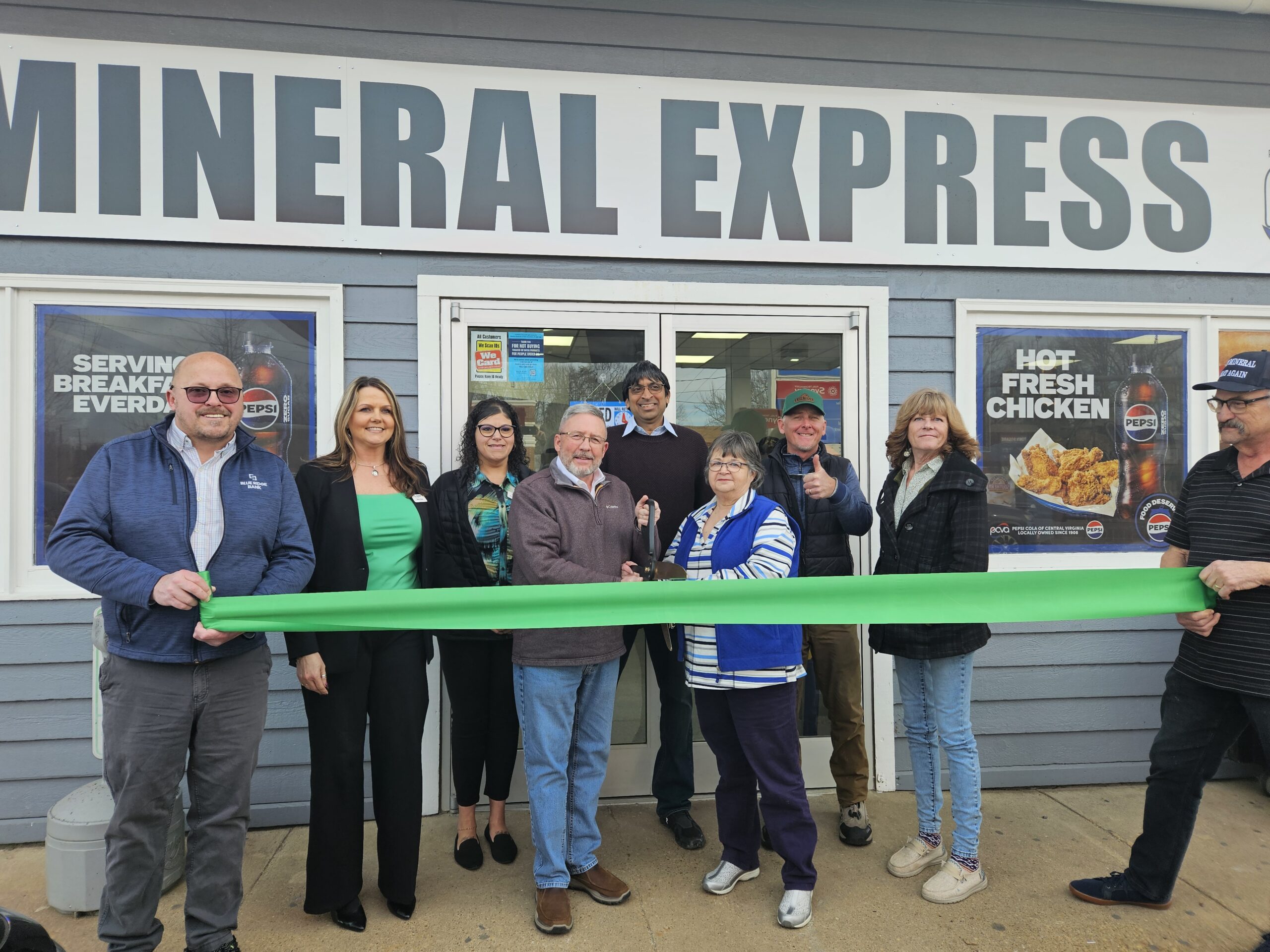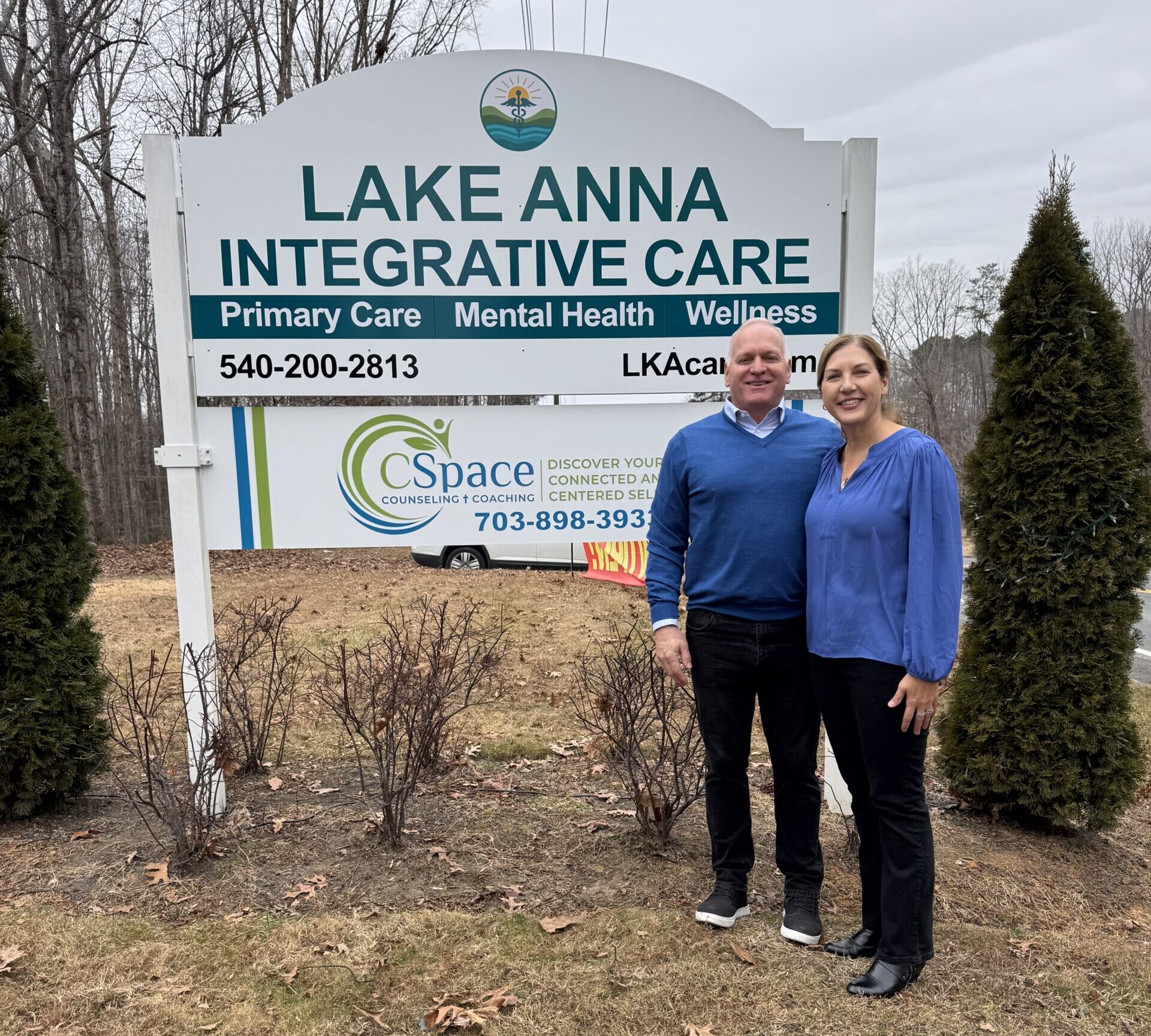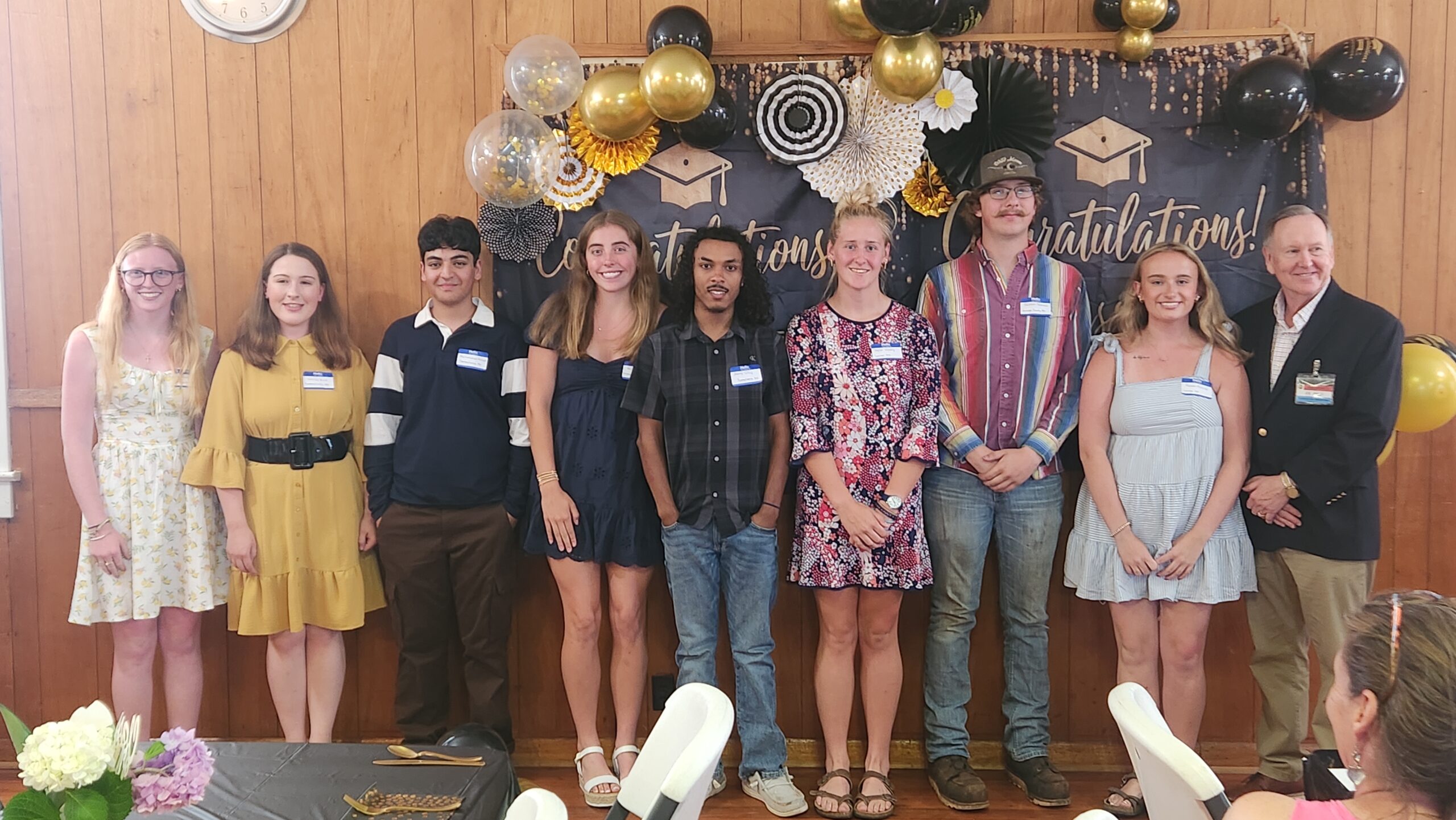
Where do we even start with this controversy? Can we blame it on COVID? Possibly! Let’s face it, COVID ignited a real estate boom here at Lake Anna. When working from home became the new normal, DC and Northern Virginia commuters found themselves buying that lake house sooner than they thought they could or would be able to. Many of these buyers also realized a prime investment opportunity, as short-term vacation rentals (STRs) were more in demand than ever. With the shortage of waterfront homes available for rent, came more water-access properties as an alternate option for renters. With water-access homes becoming short-term rentals came crowds of non-residents infiltrating Lake Anna common areas, which leads us to one of the major concerns brought to light.
Many residents insisted that short-term rentals should be banned or at least have additional restrictions imposed. While the sheer influx of people was one concern, other concerns stemming from that included noise, trash, parking, and septic system overuse/abuse. Property owners who had been capitalizing on their ability to rent their homes as a short-term rental argued that additional restrictions would be “an overreach of government control”, and that the loss of the rental income that they count on would be detrimental to their ability to continue to own their home, which would either force a sale and/or impact their ability to pay real estate taxes.
So, how do we strike a balance? Well, after many public hearings and discussions and proposed regulations were put forward, Louisa County finally voted on a profound decision to… guess what… basically remind property owners that they need to follow laws that are already in place. But what does that really mean? The “Short-Term Rental Ordinance” adopted by Louisa County and made public on the county website simply directs you to follow the current codes that are already in place regarding noise and solid waste. This may sound as simple as putting up a few extra reminders not to flush feminine products and diapers down the toilet, but really it boils down to maximum occupancy per legal bedroom, which up until recently, has not been very strictly policed. Septic systems are designed based on the number of bedrooms, not bathrooms, to determine what the occupancy will be and therefore the average wastewater per person. Usually, legal occupancy equals two people per bedroom, or more specifically, a maximum of 75 gallons per person per day worth of wastewater. STRs advertising sleeping capacity more than their legal bedrooms’ occupancy will be among the first to call themselves out.
Consequently, this will also be the biggest impact to rental revenues. Some larger homes that could physically accommodate up to 25 people got used to six-digit earnings, but will now be more formally restricted to how many people they can legally accommodate. Since most septic systems “perc” for three to four bedrooms, that means sleeping no more than six to eight people. In an effort to challenge maximum occupancy, some homeowners are installing flow meters to measure their actual usage.
It is also a good idea to have your septic system pumped regularly with heavy usage, or at least as frequently as per the county requirement, which is usually every three to five years.
What else? A property owner must provide their contact information as well as their Property Association’s contact information to the county. They must also understand the definition of a special occasion or special event and not throw a party for oh, say 100 or so – without a conditional use permit. So, get a port-o-potty for that one while you’re at it! Also, as per the STR Ordinance, “The dwelling must comply with all applicable state building code and safety regulations.” Again, nothing more than a law that’s already in place. So, get that anti-tip bracket on your stove in case children decide to climb on it while the door is open.
Needless to say, Louisa county’s response to the growing concern over the nuisances caused by STRs left many disappointed that they would not impose further restrictions or ban them altogether, so the issue now finds itself back to the neighborhood level to interpret. Several Lake Anna POAs and HOAs are making their own rules, some rather hastily and not necessarily with a majority vote.
Bien Venue is one of the communities who has recently banned all STRs less than six months, with the exception of homeowners renting directly to Dominion Energy “Outages”, but some residents found the voting process to be rushed and not exactly inclusive. Bien Venue homeowner, Laura Hayden said that she was not even made aware of the decision until after it was final, and would not have agreed to the ban. Anyone thinking of selling their home in a community where STRs are not allowed will have to disclose that, and therefore will limit their pool of potential interest.
Dena Tremain, homeowner in Countryside of Louisa County, is concerned about where additional regulations would end, even at the neighborhood level… “If you are only restricting short-term rentals on the number of guests, who is going to enforce the non-short-term rentals who have too many guests on a regular basis?” – Tremain justifiably asks.
Who is going to enforce any of this? The bottom line is that we are likely still at the infancy of: reaching a compromise on this highly debated issue, satisfying legitimate concerns on both sides, and/or defining what entity is most appropriate to have governing domain over future decisions. Best advice for now? If you care, vote – whether that means participating in your HOA/POA meetings, or local public hearings – your voice can’t be heard if you don’t get involved.

Tiffany Hazelwood has a degree in Journalism from the University of Richmond is a full-time Real Estate Broker with Lake Homes Realty, a lake-focused real estate firm, where she serves as the Anchor Agent for the Lake Anna market. She has been a licensed realtor since 2008 and has been specializing in real estate here at the lake since 2016. She has enjoyed writing the real estate section for the Lake Anna Breeze™ since 2019. In her spare time, Tiffany enjoys jet-skiing and boating on the lake, traveling with her husband, Tom, and time with their dogs.
Subscribe for Updates
Sponsors
latest articles
Mineral Express Purchased by Owner of Elk Creek Store

$900M Kalahari Resort Set to Open in Spotsylvania County this Fall

Letter from the Editor: Don’t tell me what to do

The Breeze Celebrates 15 Years

CSpace: Lake Anna’s First Dedicated Mental Health Practice Now Open on 208

Wegovy, GLP-1 and Weight Management
Where do we even start with this controversy? Can we blame it on COVID? Possibly! Let’s face it, COVID ignited a real estate boom here at Lake Anna. When working from home became the new normal, DC and Northern Virginia commuters found themselves buying that lake house sooner than they thought they could or would be able to. Many of these buyers also realized a prime investment opportunity, as short-term vacation rentals (STRs) were more in demand than ever. With the shortage of waterfront homes available for rent, came more water-access properties as an alternate option for renters. With water-access homes becoming short-term rentals came crowds of non-residents infiltrating Lake Anna common areas, which leads us to one of the major concerns brought to light.
Many residents insisted that short-term rentals should be banned or at least have additional restrictions imposed. While the sheer influx of people was one concern, other concerns stemming from that included noise, trash, parking, and septic system overuse/abuse. Property owners who had been capitalizing on their ability to rent their homes as a short-term rental argued that additional restrictions would be “an overreach of government control”, and that the loss of the rental income that they count on would be detrimental to their ability to continue to own their home, which would either force a sale and/or impact their ability to pay real estate taxes.
So, how do we strike a balance? Well, after many public hearings and discussions and proposed regulations were put forward, Louisa County finally voted on a profound decision to… guess what… basically remind property owners that they need to follow laws that are already in place. But what does that really mean? The “Short-Term Rental Ordinance” adopted by Louisa County and made public on the county website simply directs you to follow the current codes that are already in place regarding noise and solid waste. This may sound as simple as putting up a few extra reminders not to flush feminine products and diapers down the toilet, but really it boils down to maximum occupancy per legal bedroom, which up until recently, has not been very strictly policed. Septic systems are designed based on the number of bedrooms, not bathrooms, to determine what the occupancy will be and therefore the average wastewater per person. Usually, legal occupancy equals two people per bedroom, or more specifically, a maximum of 75 gallons per person per day worth of wastewater. STRs advertising sleeping capacity more than their legal bedrooms’ occupancy will be among the first to call themselves out.
Consequently, this will also be the biggest impact to rental revenues. Some larger homes that could physically accommodate up to 25 people got used to six-digit earnings, but will now be more formally restricted to how many people they can legally accommodate. Since most septic systems “perc” for three to four bedrooms, that means sleeping no more than six to eight people. In an effort to challenge maximum occupancy, some homeowners are installing flow meters to measure their actual usage.
It is also a good idea to have your septic system pumped regularly with heavy usage, or at least as frequently as per the county requirement, which is usually every three to five years.
What else? A property owner must provide their contact information as well as their Property Association’s contact information to the county. They must also understand the definition of a special occasion or special event and not throw a party for oh, say 100 or so – without a conditional use permit. So, get a port-o-potty for that one while you’re at it! Also, as per the STR Ordinance, “The dwelling must comply with all applicable state building code and safety regulations.” Again, nothing more than a law that’s already in place. So, get that anti-tip bracket on your stove in case children decide to climb on it while the door is open.
Needless to say, Louisa county’s response to the growing concern over the nuisances caused by STRs left many disappointed that they would not impose further restrictions or ban them altogether, so the issue now finds itself back to the neighborhood level to interpret. Several Lake Anna POAs and HOAs are making their own rules, some rather hastily and not necessarily with a majority vote.
Bien Venue is one of the communities who has recently banned all STRs less than six months, with the exception of homeowners renting directly to Dominion Energy “Outages”, but some residents found the voting process to be rushed and not exactly inclusive. Bien Venue homeowner, Laura Hayden said that she was not even made aware of the decision until after it was final, and would not have agreed to the ban. Anyone thinking of selling their home in a community where STRs are not allowed will have to disclose that, and therefore will limit their pool of potential interest.
Dena Tremain, homeowner in Countryside of Louisa County, is concerned about where additional regulations would end, even at the neighborhood level… “If you are only restricting short-term rentals on the number of guests, who is going to enforce the non-short-term rentals who have too many guests on a regular basis?” – Tremain justifiably asks.
Who is going to enforce any of this? The bottom line is that we are likely still at the infancy of: reaching a compromise on this highly debated issue, satisfying legitimate concerns on both sides, and/or defining what entity is most appropriate to have governing domain over future decisions. Best advice for now? If you care, vote – whether that means participating in your HOA/POA meetings, or local public hearings – your voice can’t be heard if you don’t get involved.

Tiffany Hazelwood has a degree in Journalism from the University of Richmond is a full-time Real Estate Broker with Lake Homes Realty, a lake-focused real estate firm, where she serves as the Anchor Agent for the Lake Anna market. She has been a licensed realtor since 2008 and has been specializing in real estate here at the lake since 2016. She has enjoyed writing the real estate section for the Lake Anna Breeze™ since 2019. In her spare time, Tiffany enjoys jet-skiing and boating on the lake, traveling with her husband, Tom, and time with their dogs.
Subscribe for Updates
Sponsors
latest articles
Mineral Express Purchased by Owner of Elk Creek Store

$900M Kalahari Resort Set to Open in Spotsylvania County this Fall

Letter from the Editor: Don’t tell me what to do

The Breeze Celebrates 15 Years

CSpace: Lake Anna’s First Dedicated Mental Health Practice Now Open on 208

Wegovy, GLP-1 and Weight Management
Spotsylvania Tourism Growth Outpaces Statewide Averages with 35% Surge Since 2019
Article By Jen Bailey
![Featured image for “[Spotsylvania] New Speed Enforcement in School Zones”](https://lakeanna.online/wp-content/uploads/2025/09/Blog-pic-scaled.jpg)
[Spotsylvania] New Speed Enforcement in School Zones
Article By Jen Bailey







